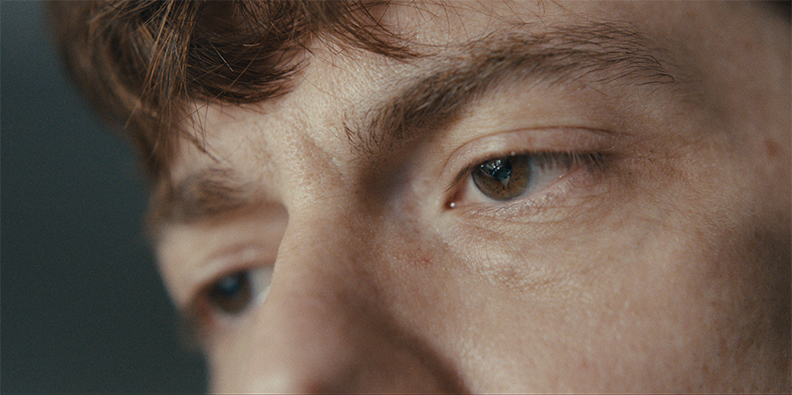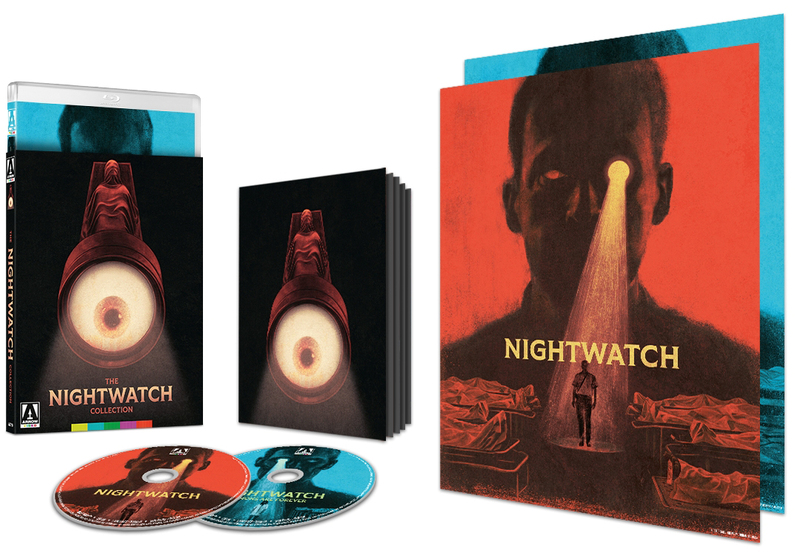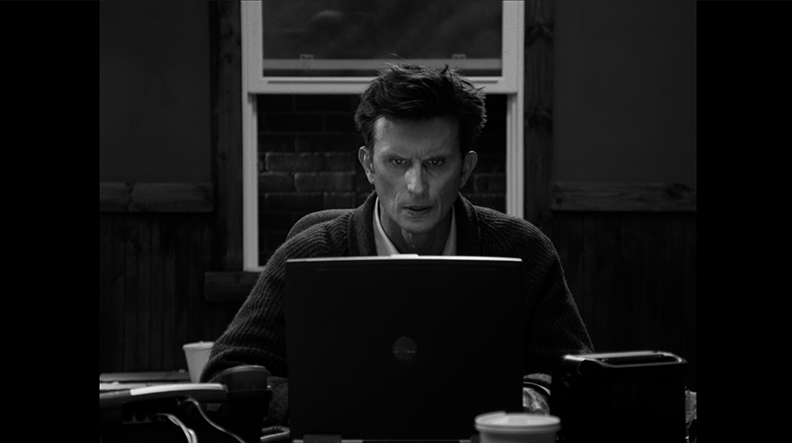
What Happens After the Headlines Disappear
MOVIE REVIEW
Tether
–
Genre: Drama
Year Released: 2025
Runtime: 1h 25m
Director(s): Hariharasudhen Nagarajan
Writer(s): Anghus Houvouras
Cast: Nick Giedris, Benjamin Burton, Laura Faye Smith, Joanna Cretella, Sophia Dawson, Arielle James
Where to Watch: shown at the 2025 Dances with Films
RAVING REVIEW: In an era where headlines vanish faster than the lives they mark, TETHER refuses to look away. It takes a national nightmare—the kind that’s become tragically commonplace in America—and focuses not on the violence itself, but on what lingers in its wake. With a modest budget, a sharp emotional focus, and the quiet power of two characters, this film is less a portrait of trauma than a confrontation with its long tail. While the story itself and the honesty behind it are incredible, the execution occasionally struggles to match the same level of quality.
Director Hariharasudhen Nagarajan, making his narrative feature debut, sets his sights on the kind of grief that festers in silence. The plot follows Leonard (Nick Giedris), a father whose life was gutted when his daughter Paula was killed in a school shooting. His wife has left, therapy is going nowhere, and even the small routines of daily life feel impossibly heavy. On the other side of town, Gerald (Ben Burton), the former school resource officer who failed to act during the tragedy, lives under a different cloud: shame. Vilified by the public and abandoned by those who once trusted him, he is barely functioning.
When these two men cross paths, what unfolds isn’t pure melodrama or an impossible redemption arc—it’s something far more honest and bleak. TETHER is interested in the fractures that can’t be repaired, the conversations no one wants to have, and the deeply human urge to assign blame even when answers aren’t clear. It’s a film that stares into moral ambiguity without blinking, and while that might frustrate viewers looking for catharsis, it’s part of what makes the experience resonate.
Giedris brings a tightly coiled desperation to Leonard, someone clinging to the idea that making peace with the past could help him rebuild. His scenes in therapy are especially effective, vulnerable without leaning on exposition, and raw in their depiction of a man slipping into isolation. Gerald is less vocal, but just as haunted, hollowed out, and quietly unraveling. Burton plays him like a man rehearsing his end. There’s guilt, yes—but also the weight of knowing the world has no place for him anymore.
Before anyone gets hung up on my rating system, I would like to address a common concern that frequently arises. When people see a 2.5 out of 5, they often assume it means I hated the film. That reaction makes sense if you're thinking in terms of the American school grading system, where anything below a 70% is considered a failing grade. But that's not how I rate films. I use a true five-star scale, where 2.5 is directly in the middle — not bad, not great.. It means I saw value in the film, even if it didn’t fully connect with me. A half-star rating is reserved for something truly awful, and a five-star rating is among the best of the best. TETHER isn’t either extreme. It’s a thoughtful, personal piece with clear intent, and while I didn’t fully love it, I respect what it set out to do.
Where TETHER distinguishes itself most is in the clarity of its intent. The film doesn't exploit tragedy for shock or tears. Instead, it builds a quiet argument: that trauma is a communal inheritance, and the refusal to acknowledge it doesn’t make it vanish. It asks what happens to the people who don’t make it into the headlines. What happens to the man who didn’t pull the trigger, but didn’t stop it either? What happens to the father who outlives his child and can’t figure out what to do next?
Nagarajan, who immigrated to the U.S. and funded the project independently, makes this film not just a directorial debut but also a personal manifesto. His director’s statement frames TETHER as both tribute and indictment: a tribute to the victims and survivors who live with unbearable silence, and an indictment of a country that treats mass shootings as inevitabilities rather than failures of leadership. That urgency bleeds into the narrative, imbuing even its quietest moments with unspoken dread.
Ultimately, TETHER succeeds in being exactly what Nagarajan wanted: a spotlight on the overlooked, a space to grieve out loud, and a refusal to let the horror of gun violence fade into the background noise of modern life. It doesn’t offer easy answers because there aren’t any. But it does offer something rare and deeply needed: a witness.
Please visit https://linktr.ee/overlyhonestr for more reviews.
You can follow me on Letterboxd, Instagram, Twitter, and YouTube. My social media accounts can also be found on most platforms by searching for 'Overly Honest Reviews'.
I’m always happy to hear from my readers; please don't hesitate to say hello or send me any questions about movies.
[photo courtesy of PSF PRODUCTIONS]
DISCLAIMER:
At Overly Honest Movie Reviews, we value honesty and transparency. Occasionally, we receive complimentary items for review, including DVDs, Blu-rays, CDs, Vinyl Records, Books, and more. We assure you that these arrangements do not influence our reviews, as we are committed to providing unbiased and sincere evaluations. We aim to help you make informed entertainment choices regardless of our relationship with distributors or producers.
Amazon Affiliate Links:
Additionally, this site contains Amazon affiliate links. If you purchase through these links, we may receive a commission. This affiliate arrangement does not affect our commitment to honest reviews and helps support our site. We appreciate your trust and support in navigating these links.



Average Rating